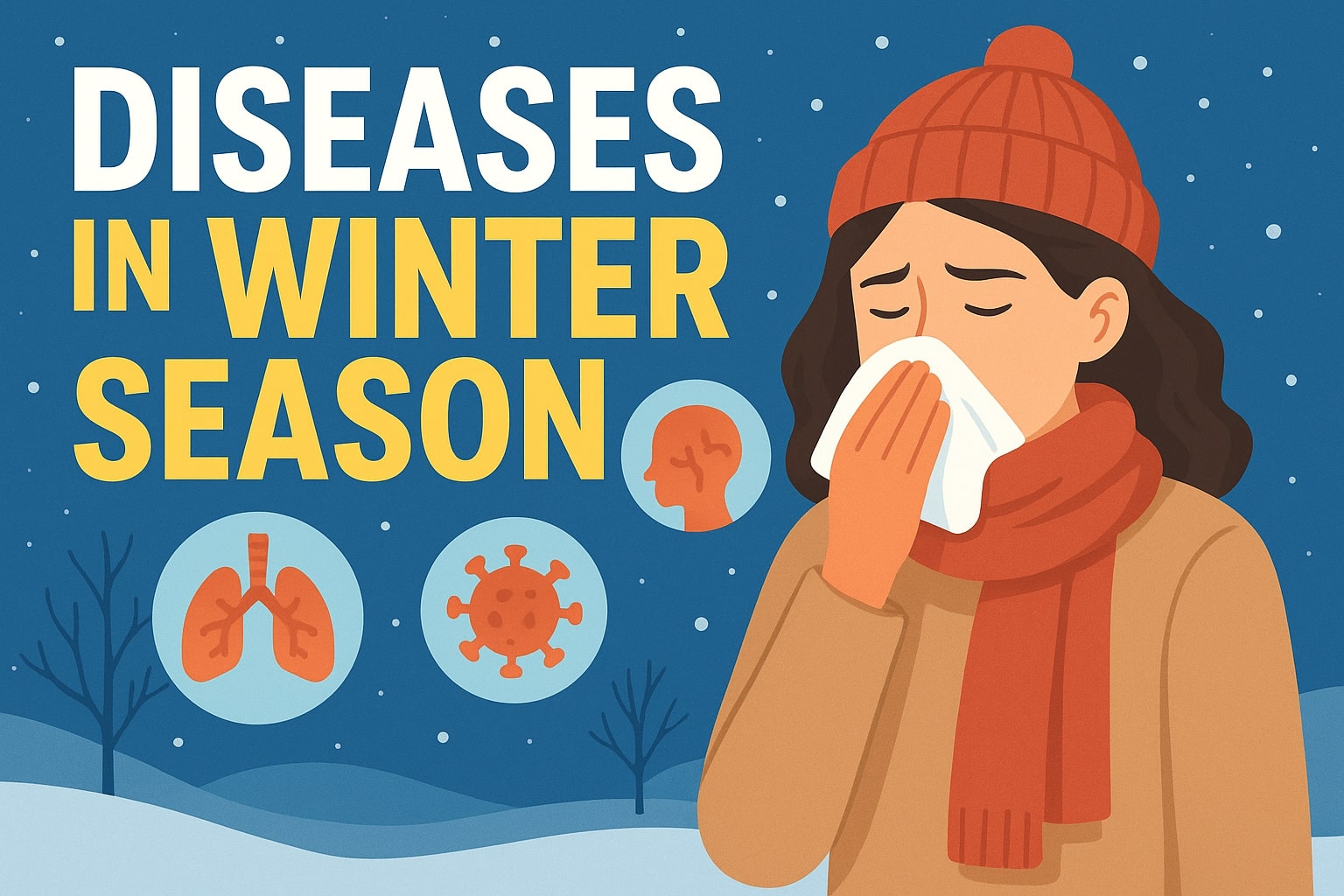Tonsil cancer is a kind of oropharyngeal cancer. It grows in the tonsils, which are two small pads of tissue at the back of the throat, one on each side. Tonsils are part of the immune system and work to prevent bacteria and viruses getting into your body.
The cells in the tonsils help fight infections. However, these cells can also change and grow uncontrollably, leading to cancer. Most tonsil cancers start in the squamous cells, which are flat, thin cells that line the surface of the tonsils.
As a result, most tonsil cancers are squamous cell carcinomas. They can form in one or both tonsils , but they are generally more common on one side than the other.
Tonsil cancer is the growth of cells that are out of control within those tonsillar tissues, which can create tumors and then have the potential to spread to other parts of the body. Viewing it as a cancer of the immune gland in the throat underscores its importance.
In the past, tonsil cancer was seen as rare. It mostly affected older adults who smoked heavily or drank a lot. In recent years, the number of cases has been rising. This is mainly due to its strong link with human papillomavirus (HPV) infection, especially HPV type 16.
Today, HPV-related tonsil cancer is becoming more common in younger adults, even those without traditional risk factors.
Is Tonsil Cancer Common?
Tonsil cancer is a rare type of cancer. However, it is more common than other head and neck tumors. All head and neck cancers make up about 4–5% of all cancers worldwide. Tonsil cancer is one of the most common types of oropharyngeal cancers. These cancers affect the middle part of the throat.
Tonsil cancer is not as common as lung, breast, or colorectal cancer. However, its link to HPV means healthcare providers are seeing it more often. In fact, HPV-positive oropharyngeal cancers now outnumber cervical cancers in some countries.
The overall numbers are still lower than many other cancers. However, the rising trend shows the need for awareness. It is important to get vaccinated against HPV. Early medical check-ups for any throat issues are also crucial.
Tonsil cancer is not one of the most common cancers. However, it is diagnosed more often now. It is recognized as a major cancer in the head and neck area. This increase is mainly due to cases related to HPV.
How Does Tonsil Cancer Start?
Tonsil cancer starts when healthy cells in the tonsils change. These changes make the cells grow and divide without control. Lymphoid tissue composes the tonsils, and thin, flat squamous cells line them. In most cases, tonsil cancer starts in these squamous cells, which is why it is commonly referred to as squamous cell carcinoma of the tonsil.
The process usually begins with damage to the DNA of these cells. DNA changes can be caused by many factors. These include long-term exposure to tobacco smoke and alcohol. Recently, infection with human papillomavirus (HPV) has become more significant. HPV type 16 is especially important in this context.
These changes disrupt the normal life cycle of the cell, preventing it from dying at the right time and causing it to multiply without control. Over time, this unchecked growth forms a tumor in the tonsillar tissue.
As the tumor develops, it can invade nearby structures such as the throat and lymph nodes in the neck. In some cases, cancerous cells may also spread (metastasize) to other parts of the body. In short, tonsil cancer starts when normal tonsil cells mutate, lose control over growth, and turn into malignant cancer cells.
What Are the Symptoms of Tonsil Cancer?
Recognizing the symptoms of tonsil cancer is critical because early stages often mimic common throat problems like sore throat or tonsillitis. However, unlike temporary infections, these symptoms persist and gradually worsen.
Common signs and symptoms include:
- A Persistent Sore Throat: A sore throat that does not resolve with antibiotics or other standard treatments.
- A Lump in the Neck: This is often the first noticeable sign. It is typically a painless, firm mass caused by the cancer spreading to a lymph node. This is known as a metastatic lymph node.
- Asymmetrical Tonsils: One tonsil appearing significantly larger or having a different shape or texture than the other.
- Pain or Difficulty with Swallowing (Odynophagia/Dysphagia): Feeling like food is getting stuck, or experiencing pain when swallowing.
- Ear Pain (Otalgia): Often one-sided ear pain, which is “referred pain” from the tumor in the throat, as the nerves share pathways.
- White or Red Patches: A patch (leukoplakia or erythroplakia) on the tonsil that does not rub off.
- Unexplained Weight Loss: Due to difficulty eating.
It is important to note that these symptoms do not always mean cancer, but if they last longer than 2–3 weeks, medical evaluation is necessary.
How Fast Does Tonsil Cancer Grow?
The growth rate of tonsil cancer can vary depending on its cause, type, and the individual’s overall health. In general, cancers linked to human papillomavirus (HPV) tend to grow and spread differently compared to those caused by tobacco or alcohol.
Here are some key points about its growth:
- HPV-related tonsil cancer: Often develops more slowly at first but can spread quickly to lymph nodes in the neck. Despite spreading, these cancers usually respond better to treatment.
- Non-HPV-related tonsil cancer: Typically linked to smoking and alcohol. These cancers may grow more aggressively and are often detected at a later stage.
- Tumor development: What begins as small, abnormal cell changes can turn into a tumor over months or years before becoming noticeable.
- Spread to lymph nodes: Tonsil cancer has a tendency to spread early to nearby lymph nodes, sometimes before the primary tumor is very large.
- Individual factors: Age, immune system strength, and overall health can affect how fast the cancer progresses.
Is Tonsil Cancer Painful?
Tonsil cancer can be painful, but it is not always. The presence and severity of pain depend on the tumor’s size, location, and whether it has ulcerated or invaded nearby nerves.
- Early Stages: The cancer may be completely painless. A painless lump in the neck or an asymmetry of the tonsils are common early signs.
- Later Stages: As the tumor grows, it can cause significant pain. This often manifests as a persistent sore throat, sharp pain when swallowing that may radiate to the ear, or a constant dull ache.
Not every case is severely painful at the beginning, which is why many people ignore the symptoms. However, if pain is persistent and localized, especially with other warning signs, a medical check-up should not be delayed.
How Is Tonsil Cancer Diagnosed?
Diagnosing tonsil cancer requires a combination of clinical evaluation, imaging, and biopsy to confirm the presence of malignant cells.
The typical diagnostic process includes:
- Medical history and physical exam – checking for persistent sore throat, swollen tonsils, and lumps in the neck.
- Endoscopy – A thin, flexible tube with a camera is inserted to examine the throat closely.
- Imaging tests such as CT scan, MRI, or PET scan to identify the tumor’s size, extent, and spread.
- Biopsy – tissue samples from the tonsil or lymph nodes are tested under a microscope to confirm cancer.
- HPV testing – to determine if the cancer is HPV-related, which can guide treatment decisions.
Accurate diagnosis is essential because treatment strategies (surgery, radiation, chemotherapy, or immunotherapy) depend on the type, stage, and spread of the cancer.
Expert Advice on Tonsil Cancer
Specialists in head and neck oncology emphasize several key points for individuals concerned about tonsil cancer:
- Early evaluation matters – Do not ignore persistent sore throats, ear pain, or difficulty swallowing lasting more than a couple of weeks.
- HPV vaccination helps prevention -Getting vaccinated against HPV significantly reduces the risk of developing oropharyngeal cancers, including tonsil cancer.
- Lifestyle changes are crucial– Avoiding tobacco and excessive alcohol lowers the risk of both tonsil cancer and recurrence after treatment.
- Regular check-ups improve survival – People treated for tonsil cancer should attend follow-up appointments for early detection of recurrence.
- Multidisciplinary treatment works best – Care from a team of ENT surgeons, oncologists, radiation therapists, and nutritionists provides the most effective approach.
Following expert guidance not only aids prevention but also ensures better recovery if diagnosed.
Conclusion
Tonsil cancer is a type of throat cancer that develops in the tonsils, the immune glands located at the back of the throat. It happens when normal cells in the tonsils change and begin to grow uncontrollably, forming tumors. While it is not one of the most common cancers overall, its cases have been rising, especially due to the strong link with human papillomavirus (HPV).
This cancer may begin quietly, sometimes without pain, but it has the ability to spread quickly to nearby areas like the neck lymph nodes. That is why awareness and early detection are so important. Modern diagnostic methods such as imaging, endoscopy, and biopsy help confirm its presence and guide the right treatment.
Although tonsil cancer can sound frightening, advances in treatment and the availability of preventive measures like HPV vaccination offer hope. Lifestyle choices, such as avoiding tobacco and alcohol, also play a major role in lowering risk.
In simple words, tonsil cancer is a disease of the tonsils where cells grow abnormally and form cancer. Knowing about it, recognizing possible warning signs early, and seeking medical help quickly can make a big difference in treatment success and recovery.
FAQ’S:





